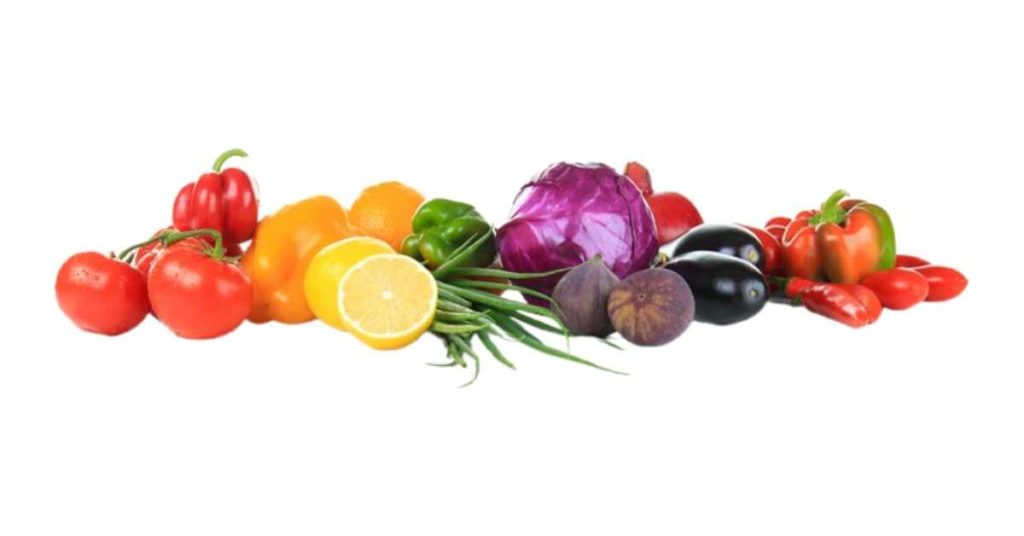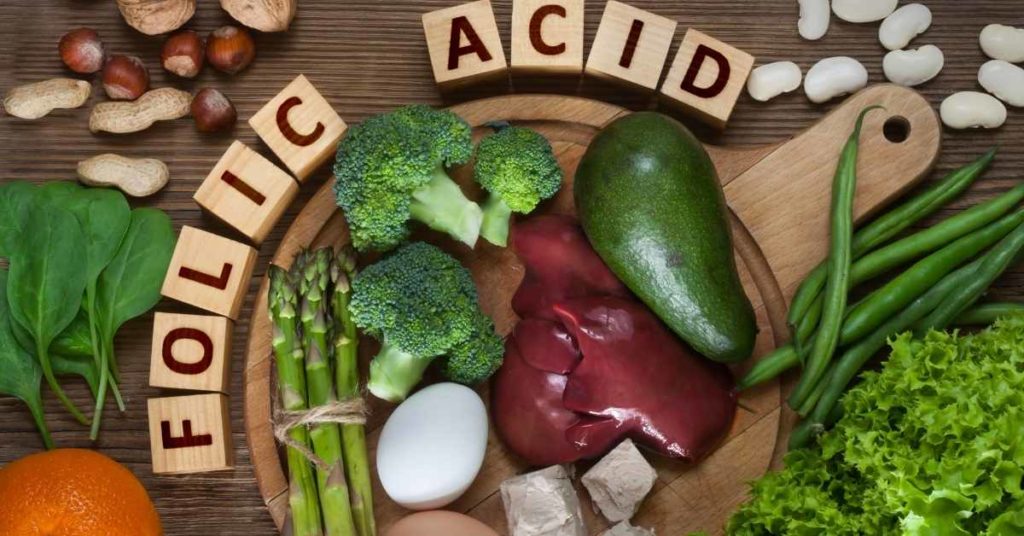Table of Contents
What is the role of biologically active substances in human nutrition?
Vegetables, in addition to carbohydrates, proteins, vitamins, enzymes, and mineral salts, contain biologically active substances – natural antioxidants that are not found in other products. One of the reasons for the decrease in the body’s immunity, the development of many diseases, and the reduction in life expectancy is a deficiency in the body of antioxidants and an excess of free radicals.
Free radicals are formed from unsaturated fatty acids, which are part of the lipids of cell membranes and lipoproteins of blood plasma. They have a high reactivity in the body – they reduce the vital activity of the cells of the heart, brain, liver, and stomach during stress, the action of carcinogenic substances.
The body defends itself against the action of free radicals with its antioxidants; for this, it needs to have a sufficient amount of antioxidants that bind free radicals and inhibit lipid oxidation.
Vegetables are the richest source of natural antioxidants:
- This group includes enzymes, the mineral selenium, beta-carotene, vitamins C and E, flavonoids, tannins, coumarins, and lycopene of the vegetables, garlic, vegetable beans, peas, Brussels sprouts, broccoli, and spinach have the most significant ability to neutralize free radicals. The average antioxidant capacity of sweet pepper, white cabbage, and onion.
- Selenium is an important antioxidant. It strengthens the immune system and reduces the effects of toxic substances. In super doses, selenium is concentrated in ordinary pumpkin, parsnip, garden dill, parsley, sweet pepper, and tomato. Selenium consumption rates are low and amount to 150–200 mg daily. Such an amount can be contained in 200 g of tomato fruits.
What vegetables have anticarcinogenic properties?

- Lycopene is a carotenoid, a red pigment, is a powerful natural antioxidant. It protects the body from cardiovascular diseases, the development of tumors. Lycopene is found in large quantities in tomatoes, red pepper, and watermelon.
- Chlorophyll gives color to green vegetables and is a proven antimutagen that prevents pathological changes in cellular DNA molecules. Some scientists believe that chlorophyll blocks the first step in the transformation of healthy cells into cancer cells. Chlorophyll is found in green crops, cabbage, sorrel, and cucumber.
What role do organic acids play in human nutrition, and which vegetables accumulate more organic acids?
Organic acids are found in plants in salts and esters, causing their specific taste. Promote digestion, and normalize the secretion of gastric juice. The sour taste of leaves and fruits indicates the presence of acids in them. The most important of them are apple, oxalic and lemon. Less common wine, amber, milk, and tartronic acid (cucumber, apple, and cabbages).

Organic acids affect the physiological processes of metabolism and have a positive effect on the functioning of the stomach and the whole organism. They inhibit the development of pathogenic bacteria and heal their microflora.
- Malic acid is present in all plants, especially in tomatoes, white cabbage, and rhubarb stalks.
- Oxalic acid is found in many plants, but sorrel, rhubarb, and spinach are the richest in it.
- Citric acid is found in most vegetables in small quantities, but in tomatoes, eggplants, and sweet peppers, it is much more than oxalic acid.
- Tartronic acid inhibits the conversion of carbohydrates into fat in the body and, to a certain extent, prevents obesity and the appearance of atherosclerosis. There is much tartronic acid in tomatoes, cucumbers, cabbage, radishes, and carrots.
What effect do vegetables have on the human body?
Parsley, celery, onion, garlic, radish, and daikon contain essential oils, which in optimal quantities, help to increase the separation of digestive juices and have disinfectant properties.
Onions, garlic, horseradish, and radish contain phytoncides that suppress pathogens.
Lettuce, white cabbage, rhubarb, tomato, and spinach have properties that can protect the body from exposure to radioactive elements.
Fresh vegetables, especially vegetable beans, peas, dill, and parsnips, contain a lot of fiber, which contributes to the separation of gastric juice and bile.
Pumpkin, eggplant, radish, and beetroot contain a significant amount of pectin substances, which are absorbed by the body in minimal quantities, but protect the intestinal and stomach mucosa from damage, can adsorb excess fluid in the intestine and harmful bacteria, and thus have a disinfectant effect.
If you found this helpful article, please share and comment below. This means a lot to me. Thank you!






Pingback: (2022) Vegetables Are Optimal Energy Sources For The Human Body. What Vegetables Your Body Needs? | Childhealthcreation.com | How To Grow A Healthy Child?